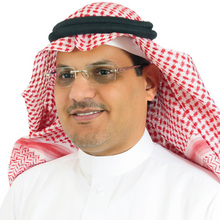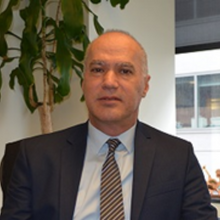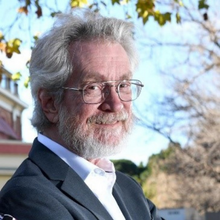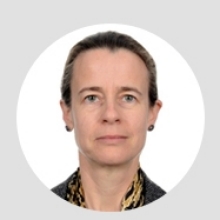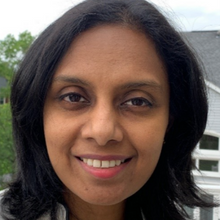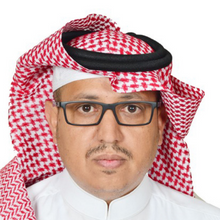The data revolution is transforming the world. Today’s governments are adopting data-driven approaches to meet the expectations of their citizens, improve public services, diversify economies, and make better-informed decisions.
While it is acknowledged that data is foundational to new value creation in an increasingly digitized economy, there is little consensus or evidence about how to maximize and assess this value of data. The COVID crisis propelled digital transformation and demonstrated that the value of data goes beyond financial transactions. The 2021 World Development Report: Data for Better Lives calls for a new social contract that would enable the use and reuse of data to create economic and social value, while ensuring equitable access to the value realized, as well as fostering participants’ trust that they will not be harmed by data misuse. Realizing the full value of data will depend on substantial commitment and enabling efforts by various stakeholders within the data ecosystem. Improving the integration and use of data by the public sector can create transformational impact in how governments design policies and deliver services to improve people’s lives.
